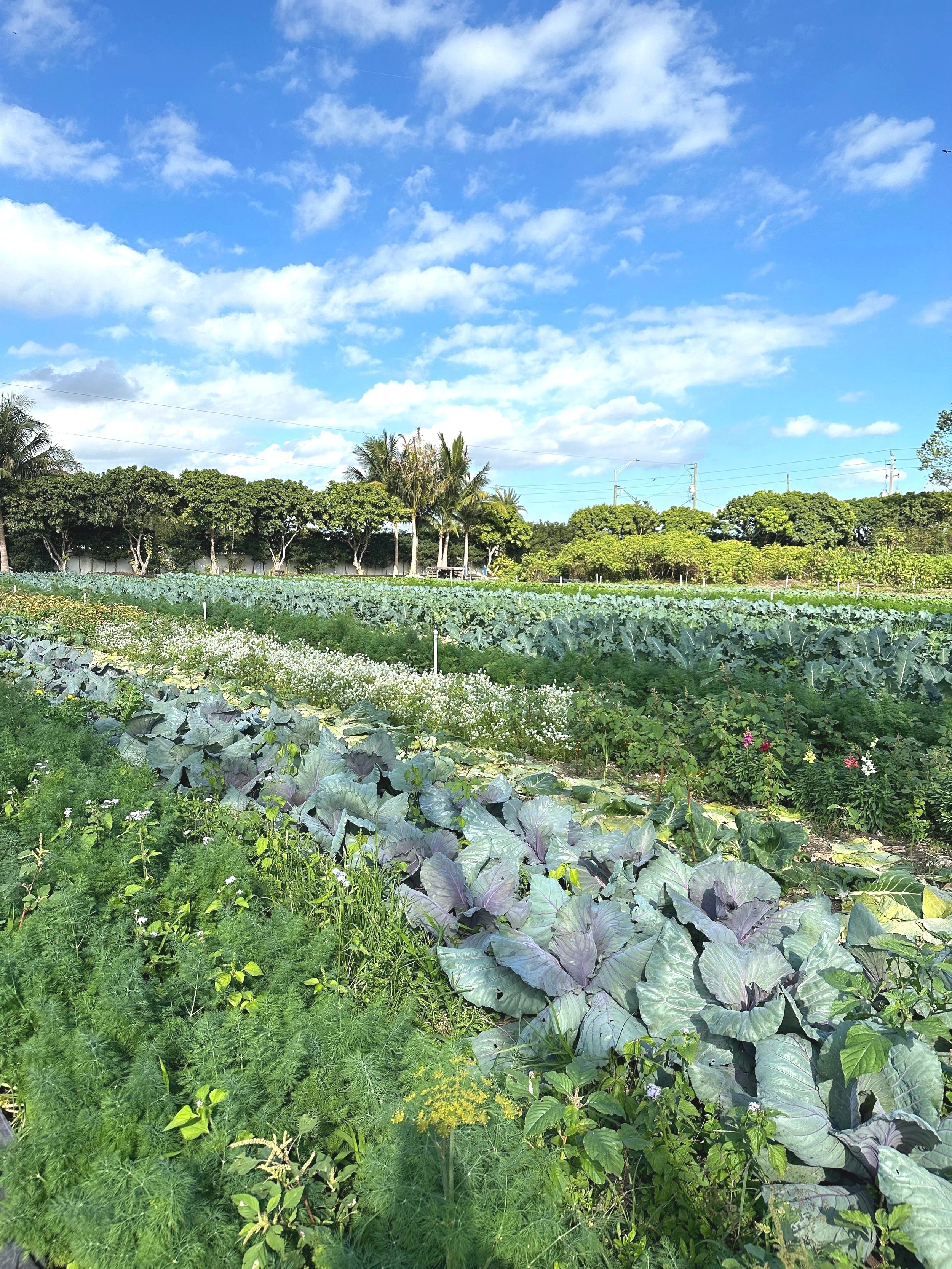
About US
Our Story what sets us apart
Regener8 Farm and Retreat was founded in November of 2021 by David and Leila Centner, with the intention of providing nutritious food and educational opportunities for the students and families of the Centner Academy, and for the community at large. From its founding Regener8 has grown quickly into a diverse operation with many types of growing systems including 2.5 acres of market garden fields, a hydroponics operation (NFT tables, Grow Towers and Buckets), Aquaponics and Aquaculture, a diversified orchard with over 12 varieties of tropical and sub-tropical fruits, a cage-free egg layer operation and bee hives. The future holds many plans for the farm including mushroom production and an onsite farmers’ market. The wellness retreat is planned as a lushly landscaped and serene relaxation environment that will contain a meditation center, overnight lodging, dining hall, glamping area, spa/healing center, walking paths, recreational spaces and water features.
You hear a lot of terms used when it comes to food…. Local, organic, regenerative, sustainable but what does it all mean and how do you know what is best ? At Regener8 we work from the ground up giving attention to our soil through no-till practices, composting, cover cropping, and by using no chemical pesticides and fertilizers. We harvest the food we bring to you only a few days or sometimes hours from delivery. We let our chickens roam freely and feed them organic corn and soy free feed. We give our hydroponics vegetables compost teas to increase their nutritional value. We reuse the waste from our chickens, fish and even the school lunches and turn it back into nutrients through composting. We do these things and much more in order to continually improve our farming practices, prioritize the health of our soil, plants, and animals, and nurture the connections between our farm and our community. We are committed to being the most productive, regenerative, and thoughtful stewards of the land that we can be.
Regener8 Team
-

David Centner
Founder
A Miami-native serial tech entrepreneur and the co-founder of Regener8 Farm and Retreat, David is interested in healing the world through providing therapeutic spaces, spiritual and community events, and the purest quality fresh produce. -

Leila Centner
Co-Founder
Founder of Centner Academy, a globally minded K-12 school in Miami, Leila is co-founder of Regener8 Farm and Retreat. She is passionate about providing the most nutritious food to Centner Academy students directly from the farm, and educating youth to be spiritually connected, entrepreneurial, and in touch with nature. -

Thais Thiesen
General Manager
Thais has been involved with the vision for Regener8 since its onset, bringing with her two decades of experience in regenerative design, permaculture, market gardening and community-based projects. Her goal in this project is to create an environment that is not only beautiful but also productive, educational, and regenerative. -

Alicia del Aguila
Farm Manager
Alicia is the head farmer at Regener8. She is dedicated not only to growing nutritious food but to contributing to the education of the next generation by focusing on topics like regenerative agriculture, wellness, fostering healthier eating habits, and nurturing a connection to nature. -

Danielle Ramos
Assistant Farm Manager Danielle has been a part of Regener8 farm since its first growing season. She brings 7+ years experience in farming and projects alike that provide access to local food for the community. She wears many hats on the farm including nursery production, assuring optimal production of the seedlings before they are transplanted to the field.
-

Kyle Dalie
Aquaculture & Hydroponics Operations Kyle oversees the aquaculture and hydroponic operations at the Regener8 greenhouse, focusing on introducing new foods, advancing projects, and discovering creative ways to maximize the use of the space. His mission is to transform the greenhouse into a dynamic, hands-on learning environment that not only serves as an educational resource but also produces fresh, sustainable food.
-

Giancarlo Nadal
Lead Poultry Farmer Giancarlo is passionate about all aspects of agriculture and wants to continue expanding his knowledge which is why he took the challenge of managing the flocks. When needed Gian helps in the field doing machinery work and helping the crew accomplish weekly goals. He is also in charge of our composting systems.
-

Sofia Villalonga
Chicken Care and Education Sofia is responsible for the intentional care of the chickens and egg processing, as well as tending to the fields. As a certified teacher, she brings her passions for education, art and nature to the farm.
-

Andy Martinez
Lead Landscaper Andy leads the landscape maintenance crew caring for the hundrends of tree and shrub species that have been planted at the property, including caring for our Pine Rockland preservation area. He brings a versatile experience and has a key role in equipment maintenance at the farm.
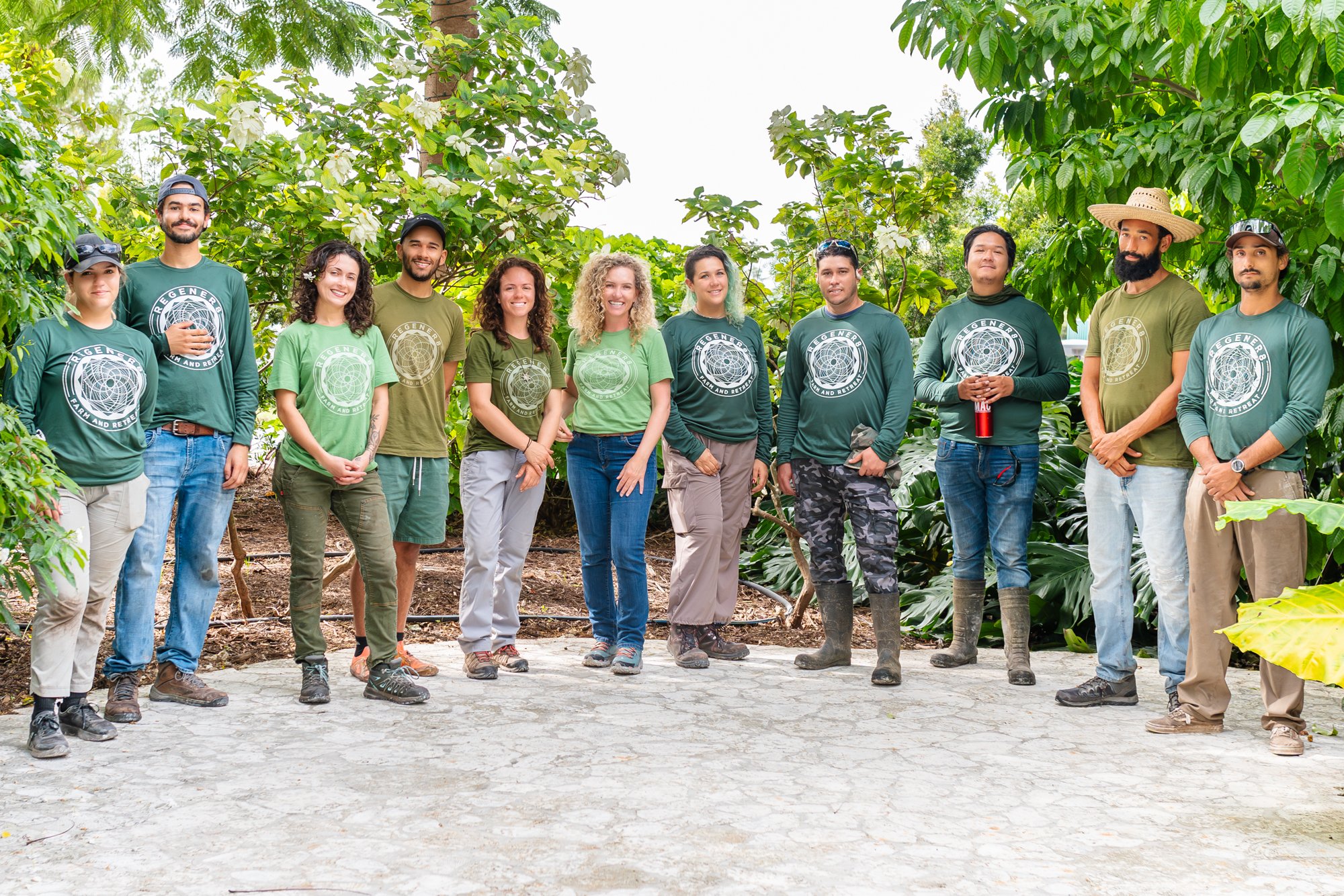
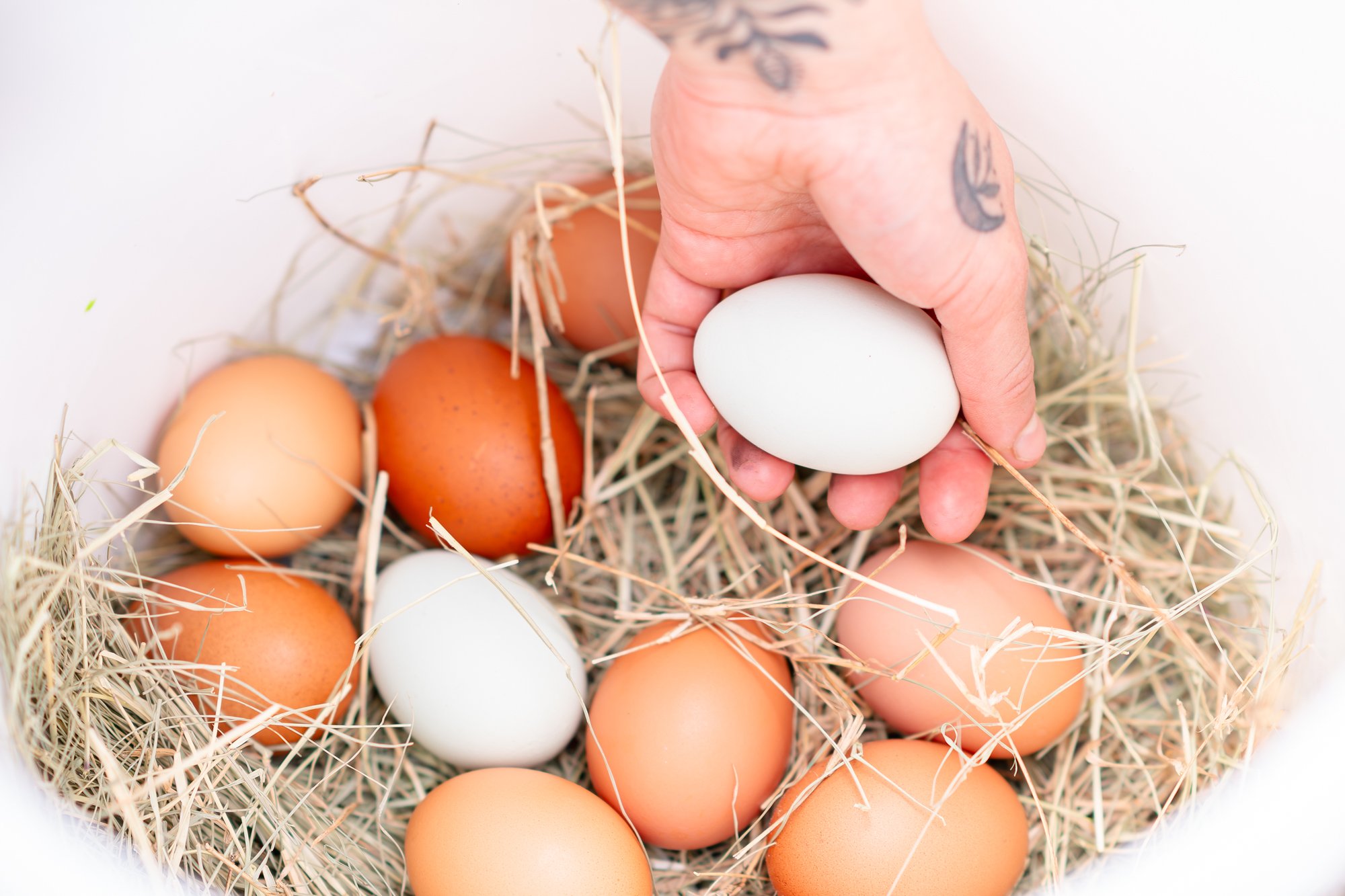
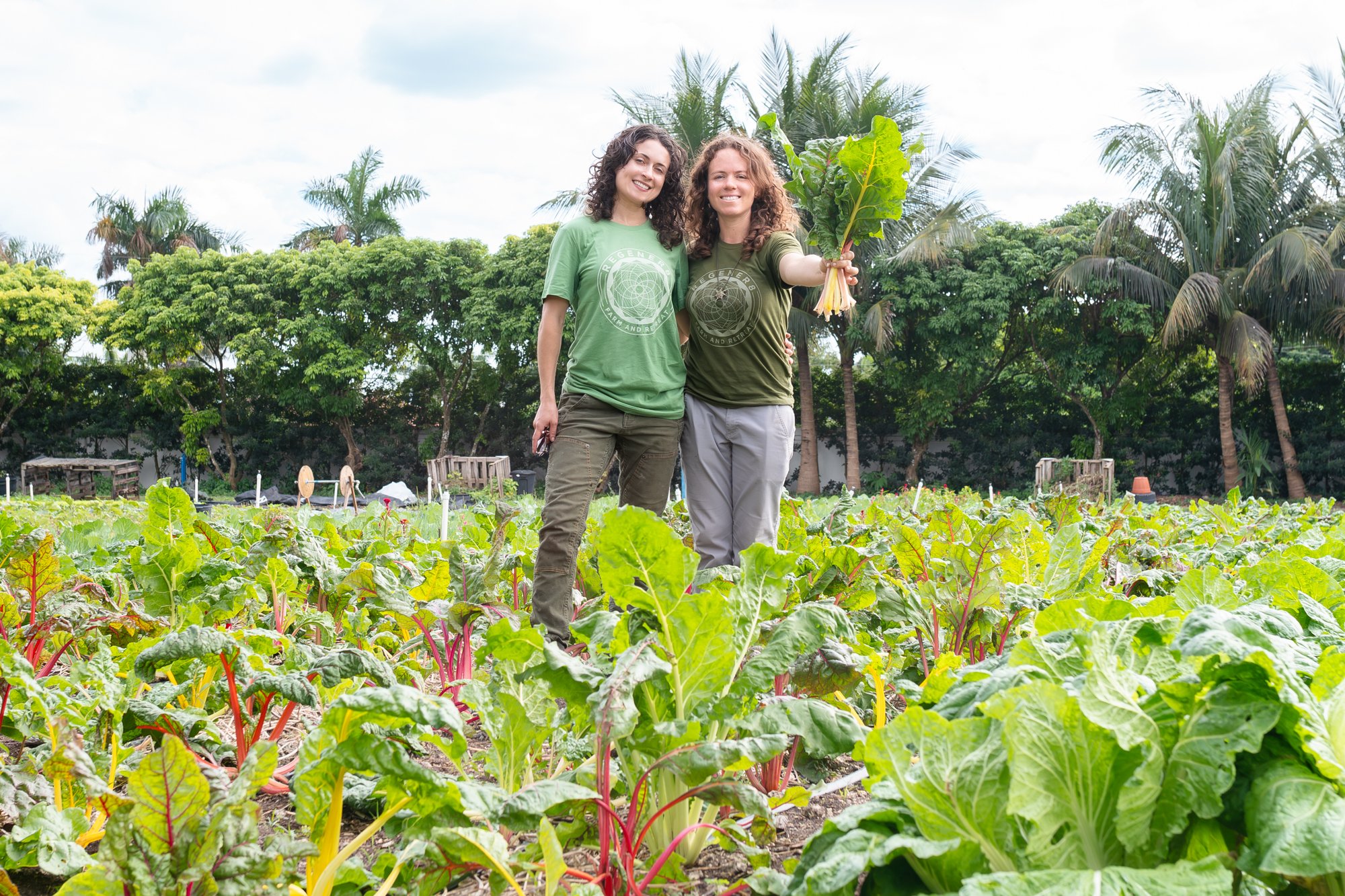
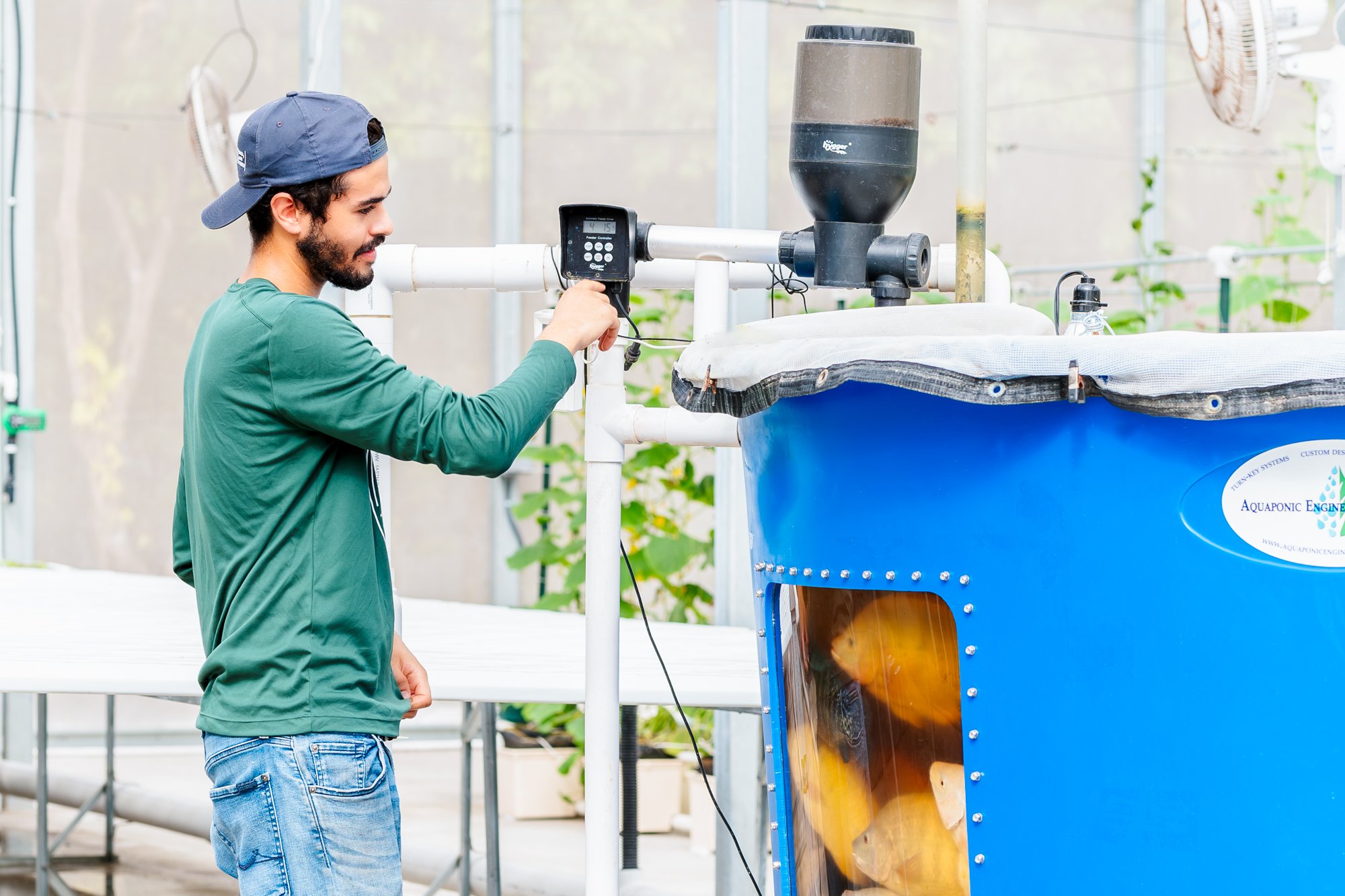
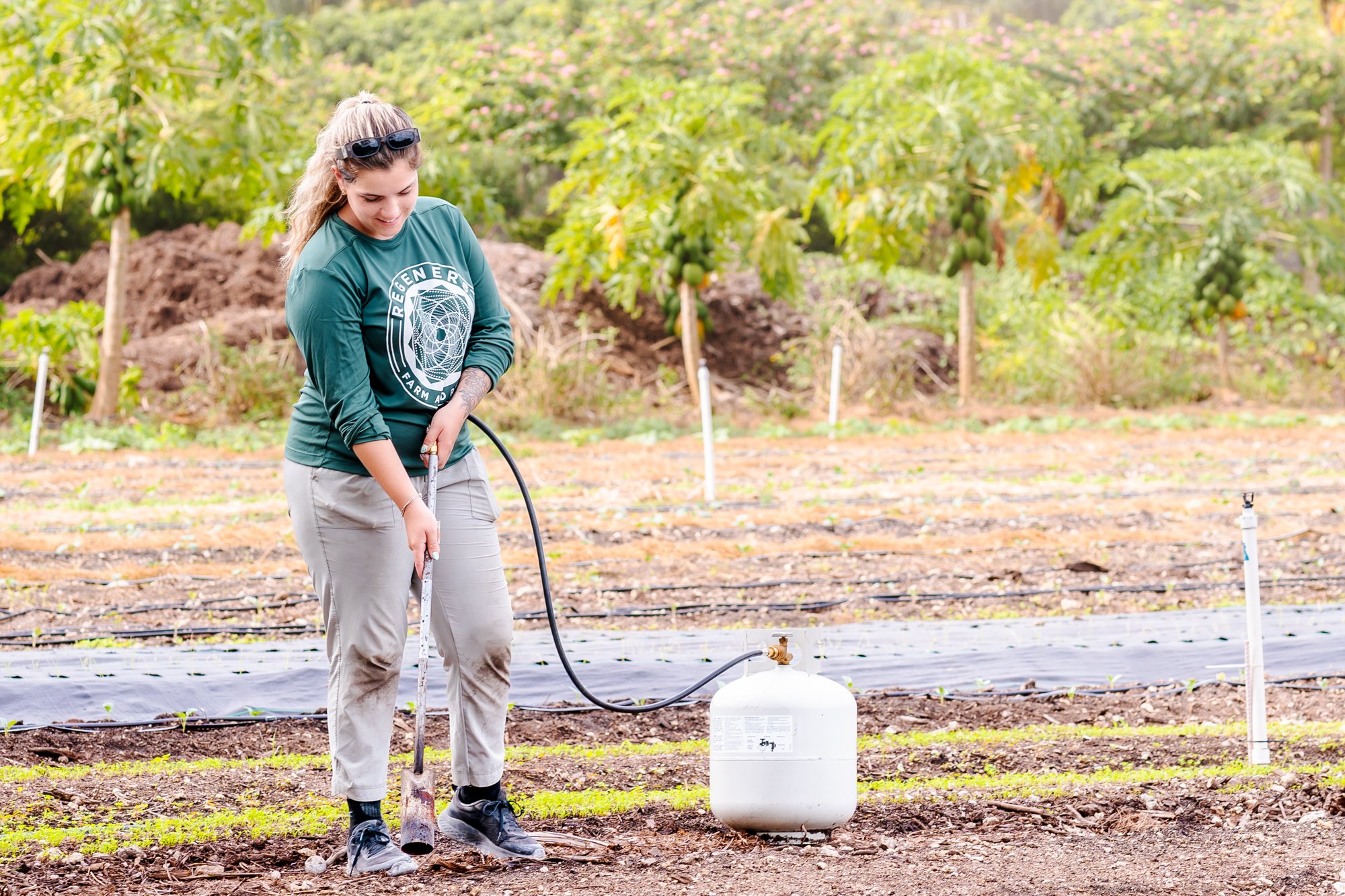
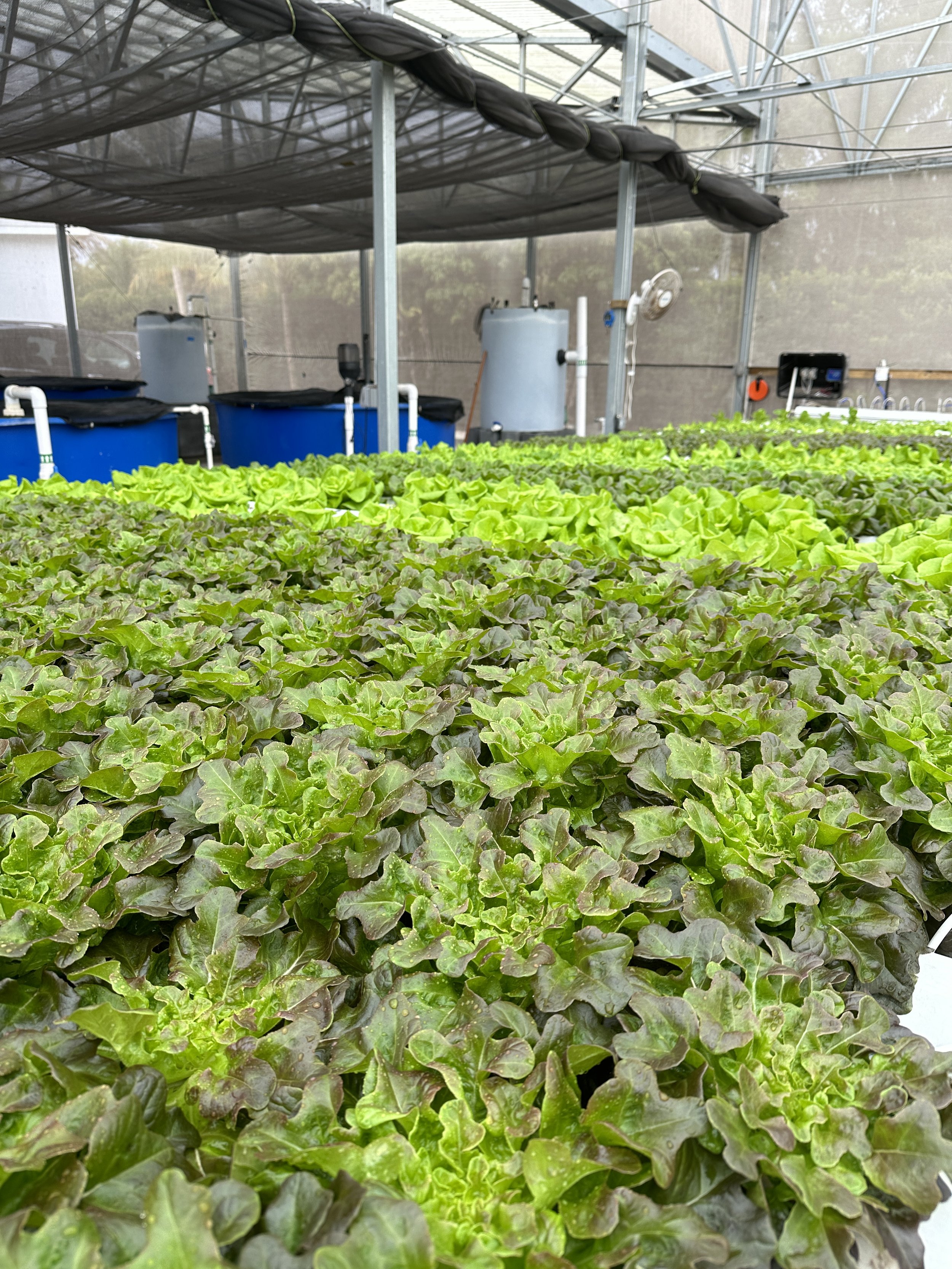


Our Practices
The farm practices a minimum-till to no-till approach. These practices bring an incredible amount of benefits to the environment, the farmer and the quality of the food. No-till keeps the organic matter in the soil undisturbed, preserving its structure and preventing soil erosion. It also increases the ability for the soil to hold moisture. Therefore, any application of organic fertilizers will be held in the soil rather than be washed away and polluting other areas. The organic matter, when kept undisturbed, builds up its "Soil Food Chain," in which all the fungi, insects, organisms, and microorganisms that naturally live in the soil can function properly to support the growth of healthy roots, fruits and leaves.
When every part of the "Soil Food Chain" is working together, the effects show on the plants because they grow healthier, more vibrant, and larger, and the plants’ nutritional value is heightened. When tilling an area, the organisms become exposed to sunlight which destroys them and displaces them from their natural habitat, and that is one reason why tilling an area is harmful to soil health.
The other negative aspects of tilling include that weed seeds get reseed into the soil! And no farmer likes dealing with weeds over and over... We use many weed management strategies at the farm but the bottom line is that the less disturbed the soil, the less weed pressure. Tilling also increases carbon sequestration. The more soil is exposed to oxygen, the more carbon dioxide is produced. A no-till approach reduces the amount of times soil is exposed to oxygen, leading to more carbon sequestration and reduction in greenhouse gases.
Our hens are free range. They are raised by R8 farmers from the time they are chicks and they grow up roaming freely in a safely guarded space. The hens eat high-quality feed that is non-GMO and free from corn and soy. The hens receive natural supplements and special weekly care that keeps them healthy and strong.
